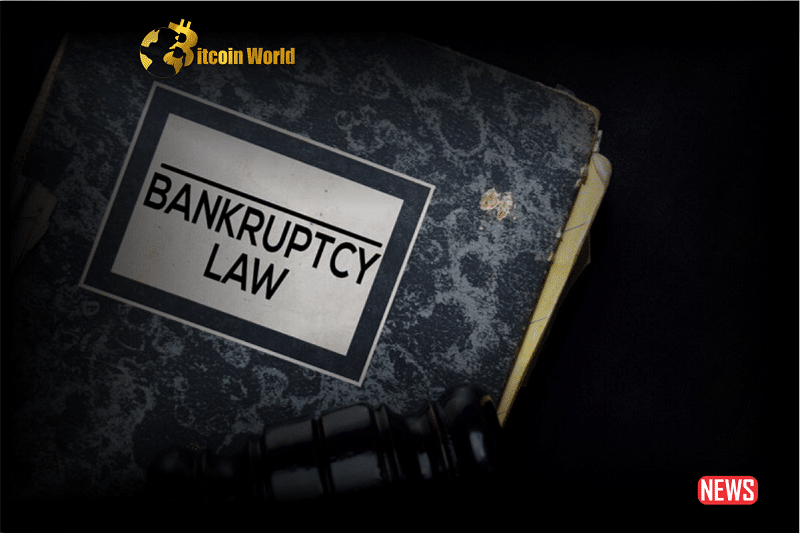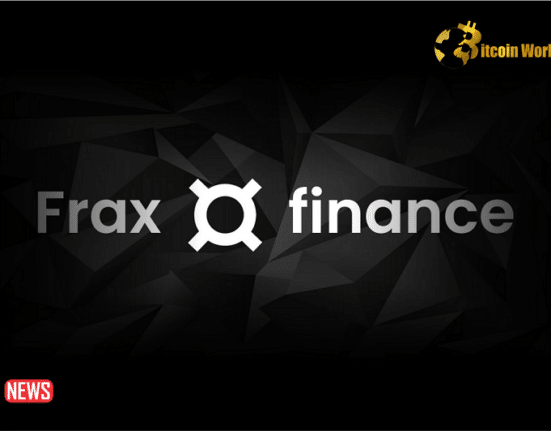Prime Trust, a prominent crypto custodian, has initiated Chapter 11 bankruptcy proceedings in Delaware due to a significant shortfall in customer funds. The company, grappling with financial challenges, disclosed in its August 15 filing an estimated liability ranging from $100 million to $500 million, compared to its estimated assets of $50 million to $100 million. This discrepancy prompted the company’s move to file for bankruptcy protection.
With an aim to explore all possible strategic alternatives, including a potential sale of its assets and operations, Prime Trust intends to file several motions with the Bankruptcy Court. The company expressed its intention to continue paying wages and benefits to employees as part of this process.
The bankruptcy filing encompasses several entities, including Prime Core Technologies Inc., Prime Trust, LLC, Prime IRA LLC, and Prime Digital LLC. Prime Trust’s decision to file for Chapter 11 follows regulatory action taken by Nevada’s business regulator. On June 21, Prime Trust received a cease and desist order from the regulator, which cited the firm’s “critically deficient” financial condition and its inability to fulfill customer withdrawal requests.
In response to the regulator’s action, Prime Trust faced further challenges when Nevada’s regulator petitioned the court to place the company into receivership on June 26. The court granted this request on July 18, acknowledging a substantial disparity between the firm’s assets and liabilities. At the time of the petition, Prime Trust owed fiat funds amounting to over $85 million to its clients, while its available funds stood at approximately $2.9 million. In the digital asset realm, Prime Trust owed around $69.5 million in crypto and held approximately $68.6 million.
Prime Trust’s bankruptcy filing underscores the financial hurdles that some cryptocurrency custodians may encounter, emphasizing the importance of robust financial management and regulatory compliance within the rapidly evolving crypto landscape. As the legal proceedings unfold, stakeholders within the cryptocurrency industry will be keenly observing the potential outcomes and ramifications for the broader sector.















